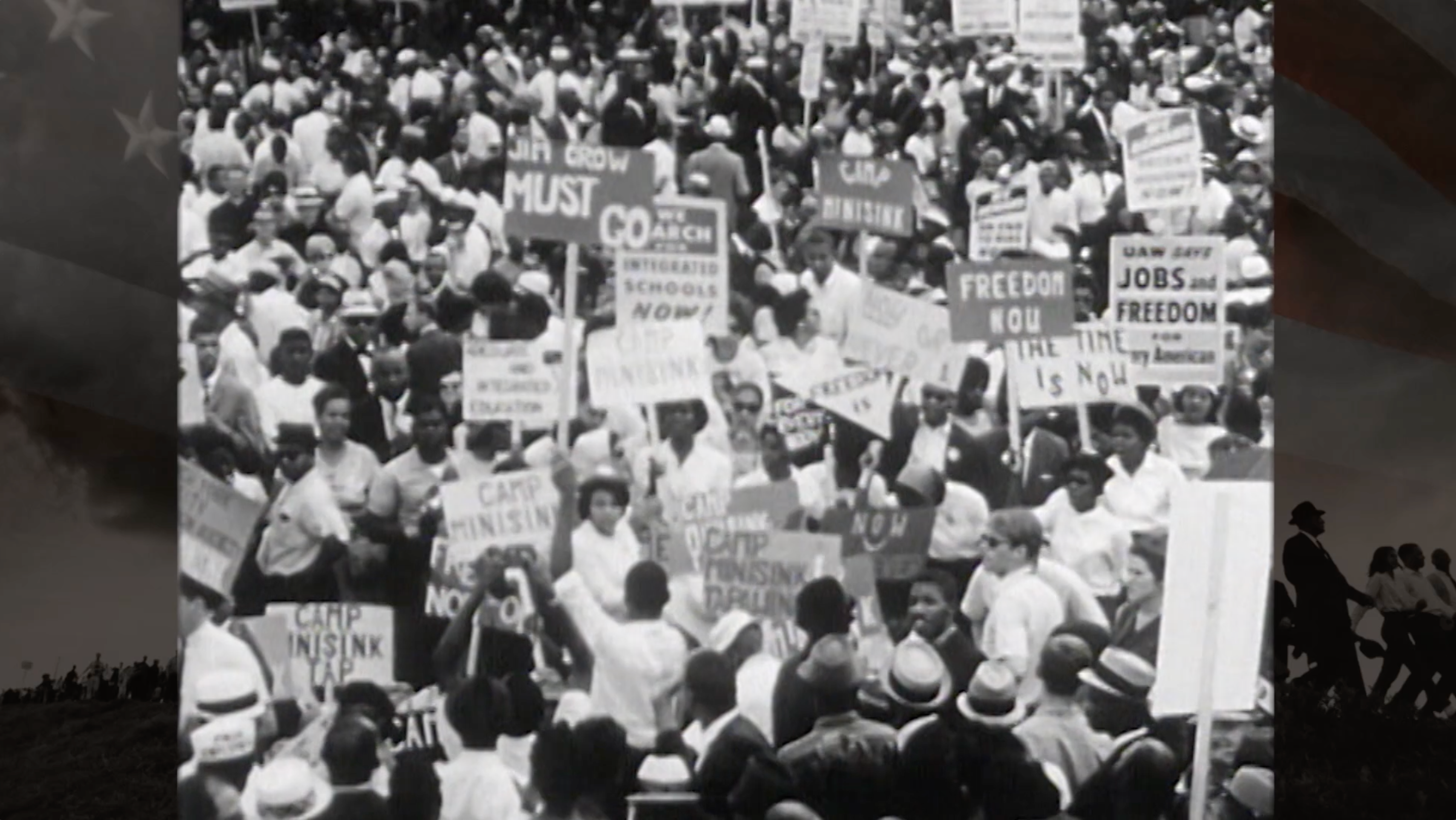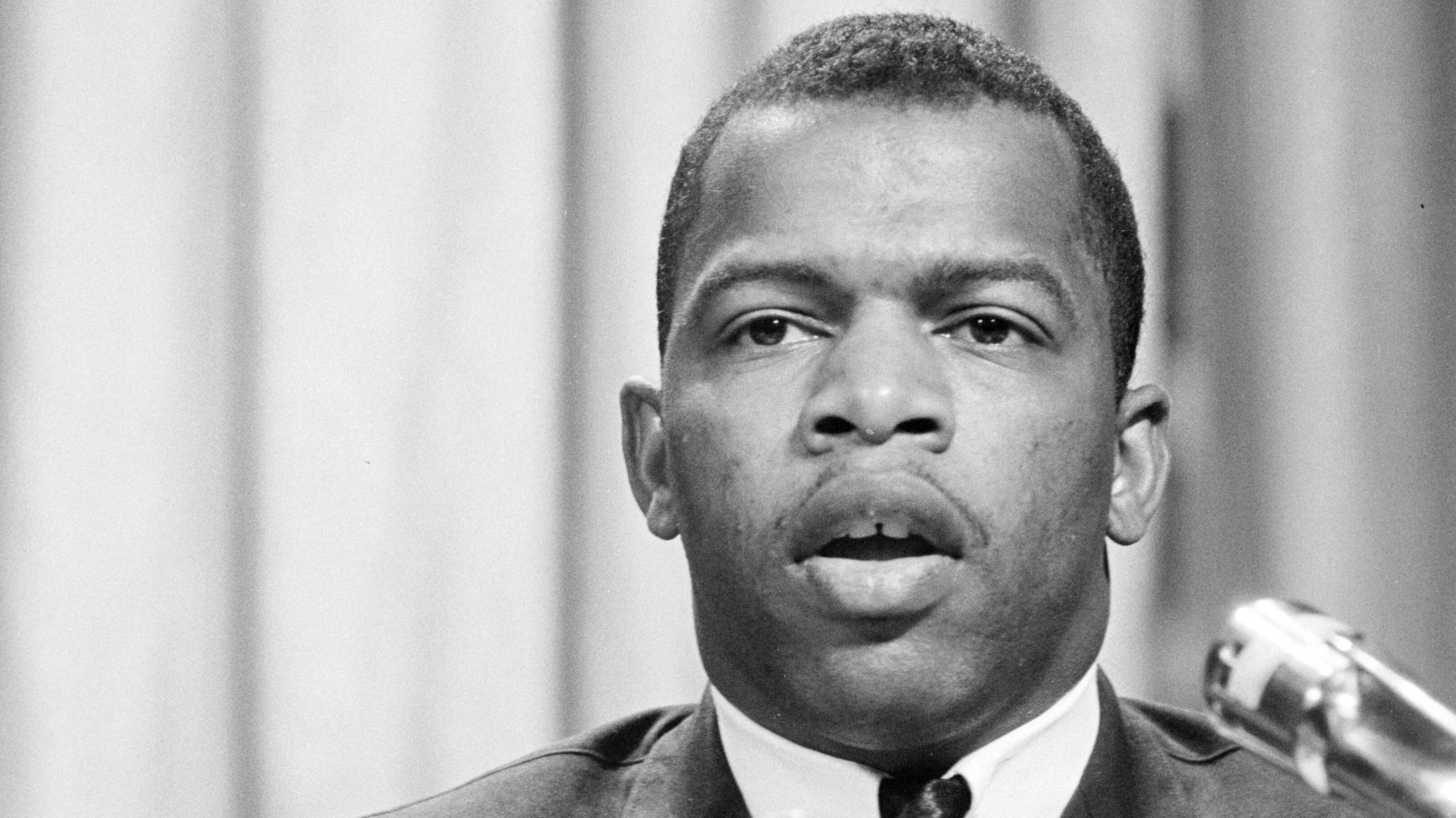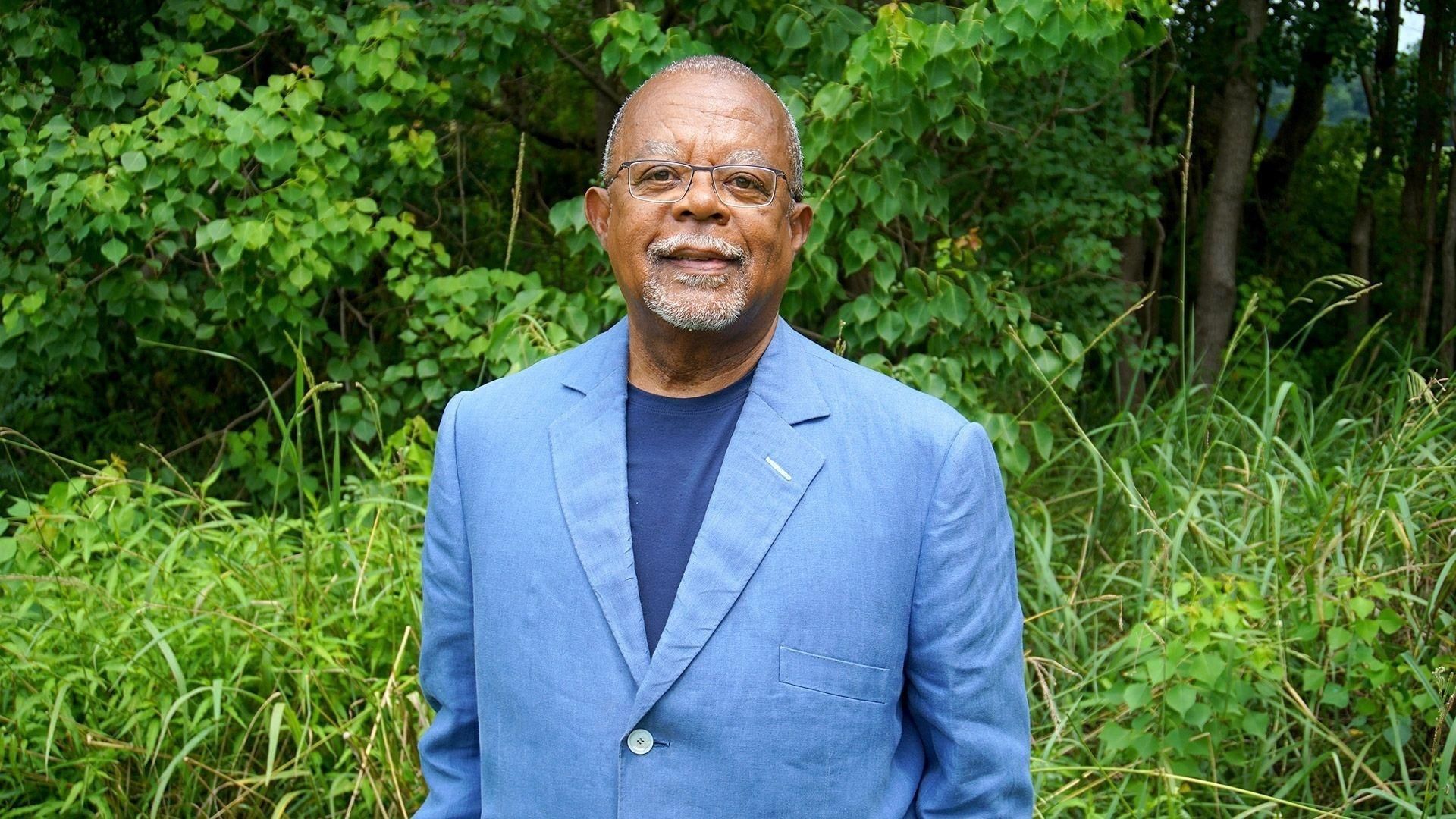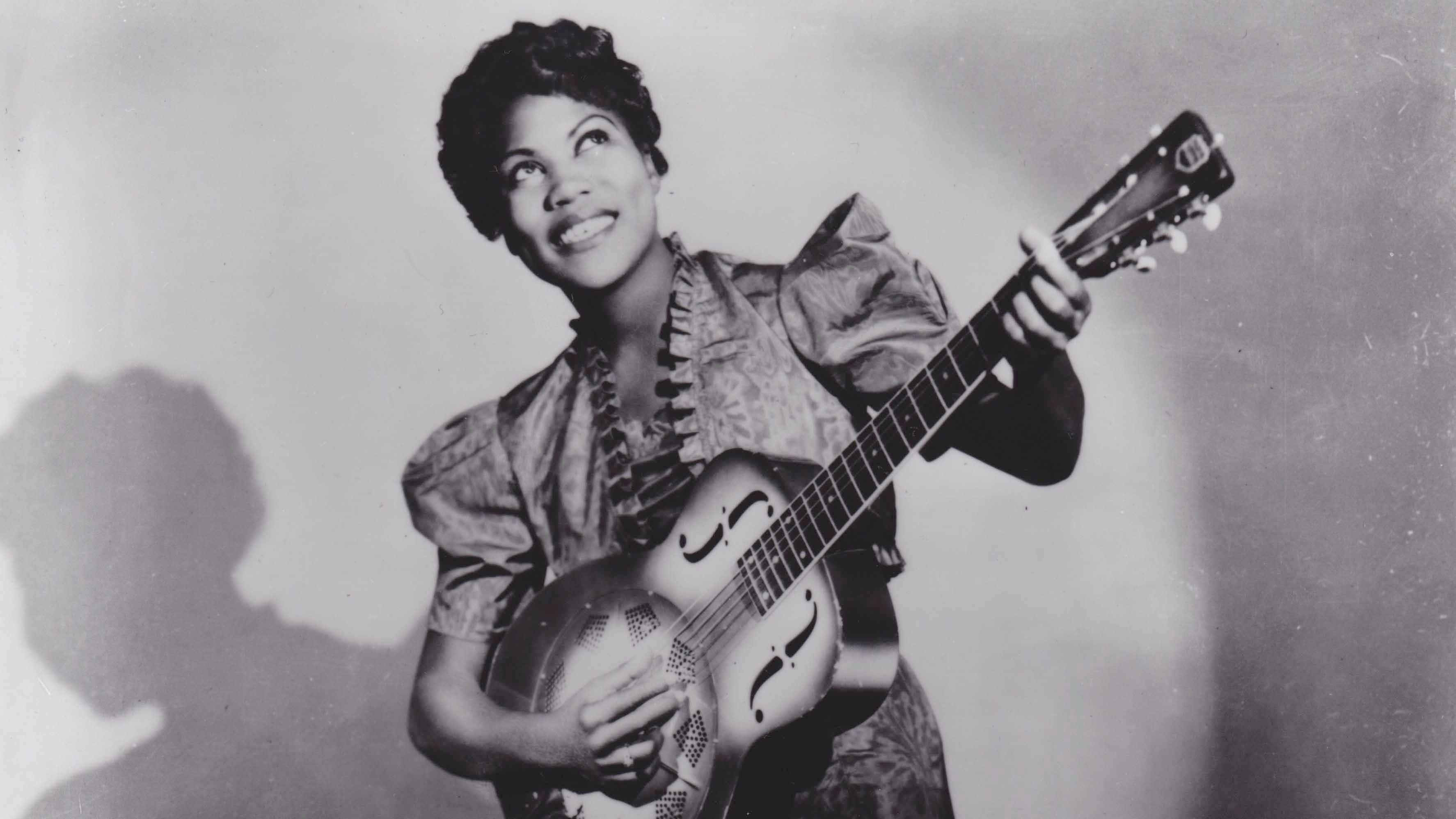Thurgood Marshall: Facts and Documentaries About the Trailblazing Civil Rights Lawyer and Jurist
Timeline of Key Events in Thurgood Marshall's Life
1908: Thurgood Marshall was born July 2, 1908 in Baltimore, MD.
1930: Marshall graduated from Lincoln University in 1930, then obtained his law degree from Howard University Law School in 1933. He opened a law office in Baltimore and represented the local NAACP chapter in several cases regarding segregation in schools.
1940: In 1940, Marshall founded the NAACP Legal Defense Fund. He went onto argue before the Supreme Court 32 times. Of those 32 cases, Marshall won 29 of them.
1954: Marshall's court victories included several landmark civil rights cases, including Brown v. Board of Education of Topeka in 1954. This case ruled school segregation unconstitutional, a critical civil rights victory for all children.
1961: In 1961 Marshall was nominated to the 2nd Circuit U.S. Court of Appeals by President John F. Kennedy. The U.S. Senate approved his nomination to the court.
1965: In 1965, Marshall was appointed by President Johnson to serve as solicitor general.
1967: In 1967, President Johnson appointed Marshall to the Supreme Court after Supreme Court Justice Tom Clark’s retirement. When the U.S. Senate confirmed his nomination on August 30, 1967, Thurgood Marshall became first Black person to serve as a Supreme Court Justice.
1991: Marshall retired from the Supreme Court in 1991 after 24 years on the bench. His career as a lawyer and jurist helped the justice system work for all people, and to right the wrongs of past discriminatory laws and practices. His legacy and positive impact earned him the nickname "Mr. Civil Rights."
1993: Died January 24, 1993 at Walter Reed Medical Center (Washington, DC)
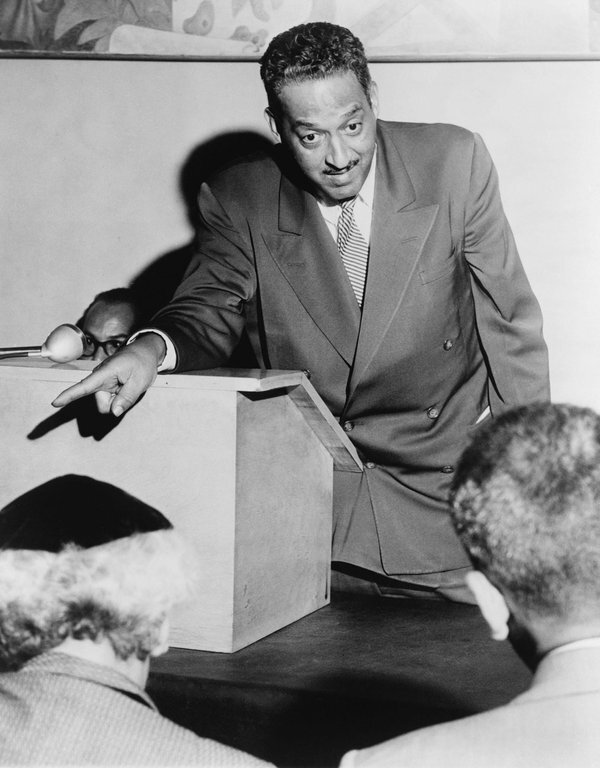
Support your local PBS station in our mission to inspire, enrich, and educate.
Rooted Remembers: Thurgood Marshall
In this installment of Rooted Remembers from GBH, Paris Alston goes through the archives to highlight the life and accomplishments of late Supreme Court Justice Thurgood Marshall.
Becoming Thurgood
Becoming Thurgood explores the life and legacy of the nation’s first African American Supreme Court justice. The film follows Justice Marshall, known as “Mr. Civil Rights,” from his legal career with the NAACP to his 1967 appointment to the nation’s highest court.
History in a Nutshell: Brown v. Board of Education
The Brown v. Board of Education court case is recognized as one of the most crucial cases in the fight for civil rights in the U.S. The original class action lawsuit against the Board of Education of Topeka, Kansas in 1951 eventually made its way to the U.S. Supreme Court, which ruled unanimously on May 17, 1954 that racial segregation in public schools is unconstitutional.

The PBS 'What to Watch' Weekly Newsletter
What to Watch delivers the best shows and content PBS has to offer each week.
- 1
- 2
- Next

